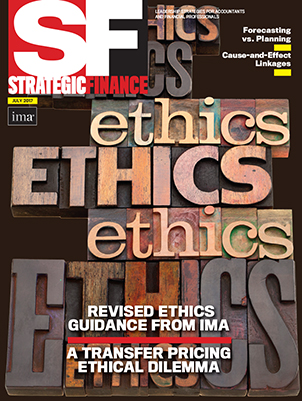In the indictment, prosecutors called the Silk Road “[t]he most sophisticated and extensive criminal marketplace on the Internet today.” For almost three years, it was a public marketplace for drugs, computer viruses and malware, forged passports, AR-15s, rocket launchers—you name it. It was Hell’s Amazon. But its founder claims it was as much an experiment in libertarian economics. That was Ross Ulbricht, a former Eagle Scout who adopted the name Dread Pirate Roberts (DPR) when he became the web designer, IT manager, CEO/CFO, and publicist for the international enterprise.
By the time the site reached its second year, you could anonymously purchase drugs from any of the more than 6,625 listings in the Silk Road catalog. Or you could browse over to a chat room called the Dread Pirate Roberts Book Club to join DPR in a discussion of “agorism, counter-economics, anarcho-capitalism, Austrian economics, political philosophy, freedom issues and [other] related topics.” This library annex included a wide variety of heavyweight libertarian-recommended readings. With a tap of your browser button, you were taken back to the crowded aisles of the selling floor with the heroin traffickers and gun runners.
DREAD PIRATE ROBERTS
Ulbricht was 26 when he began work on a hobby-project that would later become the Silk Road. He grew up in Austin, Texas, and was an exemplary student, finishing his formal studies with a master’s degree in molecular physics at Penn State. American Kingpin recounts Ulbricht’s tenure as the webmaster of the Silk Road (February 2011 to October 2013). The book is true crime but with an assortment of characters that almost seem fictional. DPR’s closest partner was a shadowy figure called Variety Jones, a man he would never meet in person. On the law enforcement side, there was Carl Force of the DEA. Force insinuated himself into DPR’s inner circle as a dealer called Nob. By the end of the story, Nob had legal issues of his own. The FBI agent who took down the LulzSec hackers of Sony Pictures in 2011 also is part of the team, as is Gary Alford, the IRS agent who reads everything three times. Alford played a key role by pursuing an odd, obscure set of evidentiary details.
SECURING THE SILK ROAD
A second, underlying layer of the story addresses the three engines of the Silk Road that enabled it to function as efficiently as it did. Each provided its own guarantee of anonymity. DPR required customers to use the Tor browser, which enabled them to visit and purchase anonymously. Tor stands for “The Onion Router,” and it provides security by sending browsing through several layers of anonymous servers. The second engine, PGP encryption, scrambled and locked the content of DPR’s emails, and the third, Bitcoin, provided an untraceable currency to be used like PayPal or credit cards. All three of these tools are universally available, without cost, to anyone who has an internet connection.
There was also the encryption that automatically locked down the content of Ulbricht’s laptop whenever he closed the lid of his Samsung 700Z. Authorities were never able to identify what that system was, nor could they crack it once his seized laptop stopped working for them. For general protection against hackers, Ulbricht had help from programmers he vetted and hired online. But despite their efforts, at the end, he was paying $50,000 a week in ransom to those threatening to launch denial of service attacks like the ones that had, in the past, temporarily knocked the Silk Road site offline. It was much cheaper to pay the ransom than lose the retail time.
Ulbricht ran the site from a single encrypted laptop that he didn’t let out of his sight. Yet despite the modest resources for his investment, he was reported to be worth $28.5 million at the time of his arrest. His three essential freeware security tools kept law enforcement from discovering who he was, where he was operating from, and where the corporate profits were being stashed. Today, Ullbricht is locked away for life, with no possibility of parole, in a federal prison in New York City. His most recent legal appeal was denied in May 2017.
Bilton’s book is a fascinating cautionary case study that offers a disturbing look at commerce on the dark web.

July 2017



